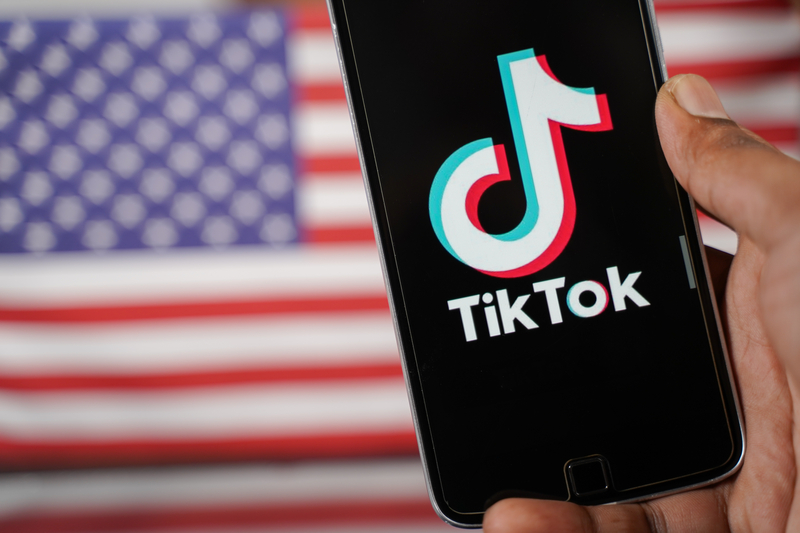
Denied Parties Screening is an essential practice for ensuring regulatory compliance to U.S. law. Screening is performed to restrict or prohibit U.S. individuals and organizations from shipping products or providing services to parties listed on denial, debarment, and blocked persons lists.
Screening applies to all businesses regardless of product or service sector. An organization is obligated to ensure that any transaction, where there is a transfer of money, is not destined to an individual or entity on a government watch list. Screening also applies to businesses that only engage in domestic transactions, as individuals on these lists often reside in the United States.
The sanctions these screenings are designed to implement are often in effect regardless of an item or service’s export regulation classification. Failure to perform a screening that results in the sale or transfer of an item, service, or information to a denied party or entity can result in civil fines, criminal fines, and imprisonment.
To illustrate the severity of failure to comply with these sanctions, the Department of Treasury’s Office of Foreign Assets Control (OFAC) has set, as of February of 2022, a maximum civil fine of $1,644,396 per violation of the Foreign Narcotics Kingpin Designation Act (FNKDA).
Who Should be Screened
Dependent on the business environment of an organization, screening may be a requirement for the following:
- Suppliers, Vendors, Subcontractors
- Customers, Brokers, Financial Institutions
- Employees, Visitors, Contractors, and Consultants
Conducting Denied Party Screening
U.S. Government screening lists are updated regularly. These updates should be checked against an organization’s current database of customers, suppliers, employees (to include consultants and contractors), and visitors, to determine if any new matches may exist. Records of these screenings should be maintained for a minimum of five years.
Should this periodic screening indicate that a party in question is matched on one or more of the denied parties’ lists. A review of the screen should be conducted by the organization’s Export Compliance Official (ECO) to determine if the result is a false positive match.
If it is determined that the screen has correctly identified a person or entity, the organization should cease all involvement with that party. This includes making efforts to stop any shipment which is in-transit to the matched party.
If a transaction to a denied party has occurred a Voluntary Disclosure to the appropriate federal agency should be initiated. It should be noted that Voluntary Disclosures usually are taken as a mitigating factor when penalties are imposed.
Screening Lists
The United States Government maintains the Consolidated Screening List (CSL) as an online consolidation of multiple export screening lists. The CSL is updated daily and includes tools that can optimize results such as a “fuzzy name search”. These tools allow for searches without knowing exact spelling of names. The CSL provides downloadable files that are date stamped to allow accurate record keeping.
While this provides some benefits to an organization it does not provide automation or easy implementation into business systems and databases.
Private Vendor Supplied Screening Tools
Private vendors supply Restricted Party Screening solutions that are affordable and modular. These solutions are interfaceable to databases of persons and entities. They can provide these screenings automatically and alert users to changes in status. They also provide more thorough searches across wider sets of list than the CSL and these searches can be tailored to integrate into a variety of business systems.
CVG Strategy Can Help
Export Compliance is an important subject for businesses engaged in sales of items that are intended for international sales or could result in international sales. Failure to comply with regulations can result in criminal prosecution including imprisonment and fines. It can also result in civil penalties and disbarment from export activities. Your business cannot afford to have its reputation ruined by a failure to comply.
CVG Strategy can help you in understanding Export Administration Regulations and establishing a coherent and effective export compliance system. We can perform export control classifications, perform audits, and educate your team. Regardless of whether your business falls under EAR or ITAR, CVG Strategy has the expertise to help. Contact Us with you export regulation questions.



